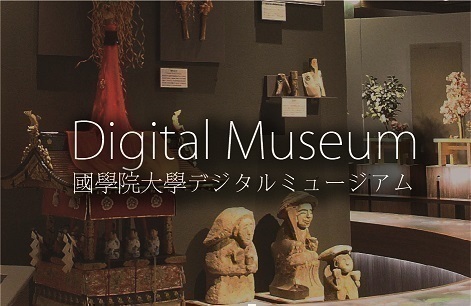- トップ
- Encyclopedia of Shinto
- Tsumi
Encyclopedia of Shinto
| Main Menu: | |
| Links: |
詳細表示 (Complete Article)
| カテゴリー1: | 7. Concepts and Doctrines |
|---|---|
| カテゴリー2: | Basic Terms |
| Title | Tsumi |
| Text | An action that violates social norms and order. Tsumi also connotes certain taboo naturally occurring hazards that are considered dangerous or impure. These consist of the heavenly sins and earthly sins" (amatsutsumi, kunitsutsumi) listed in Kojiki and Nihongi and in the Liturgy of the Great Purification" (ōharae) on the Last Day of the Sixth Month in Engishiki. Tsumi include anti-social behaviors such as disruptions of agricultural work, injuring or killing people, adultery, as well as sickness and natural calamity. The idea of sin in Shinto has shifted through time. Nevertheless, its basic character has remained the same: sins can be expunged by purification rites (harae). Human beings are not considered intrinsically sinful. Generally speaking, there is no conception of original sin as in Christianity. — Fukui Yoshihiko |




